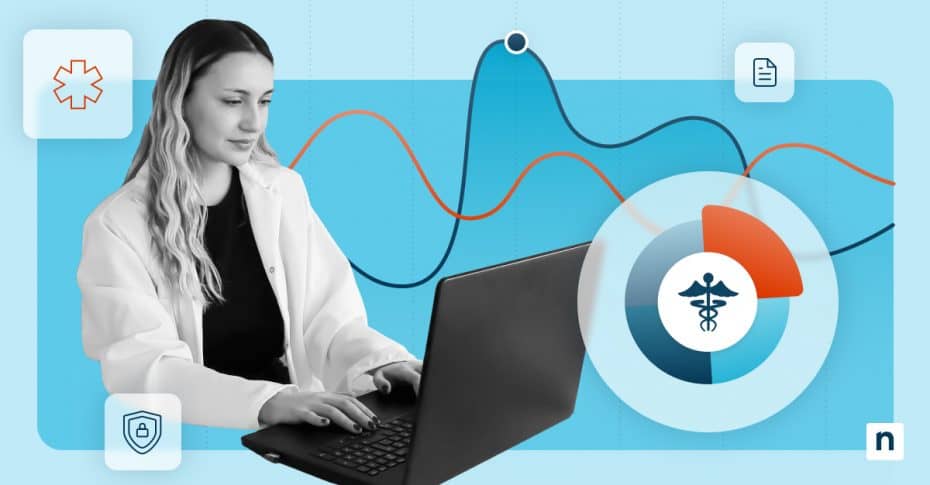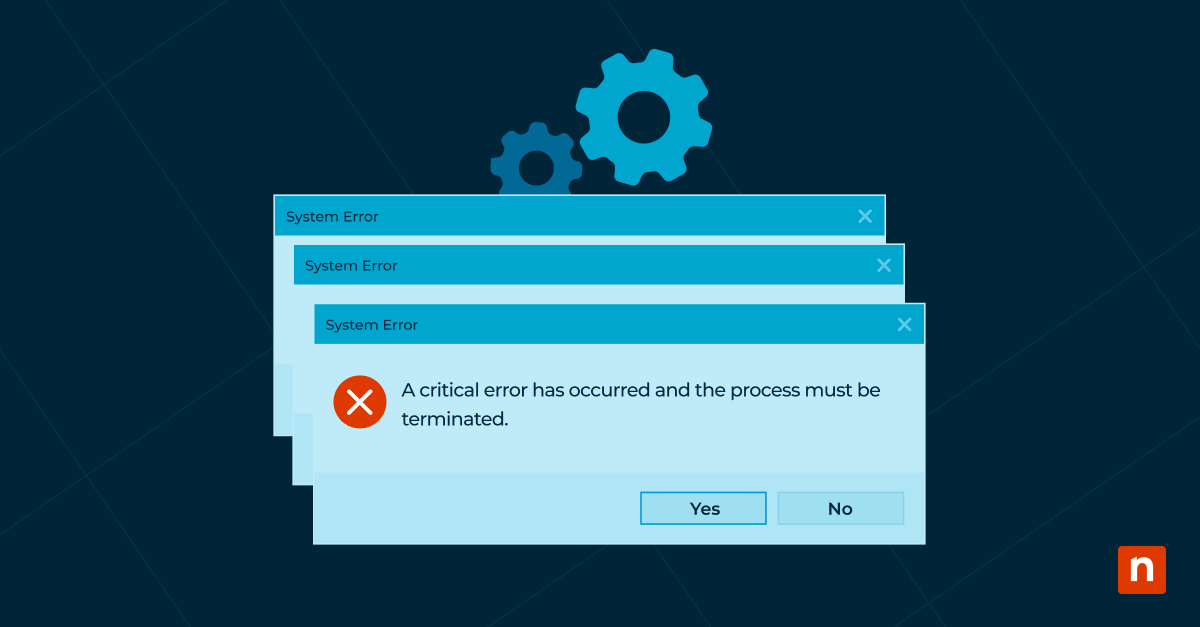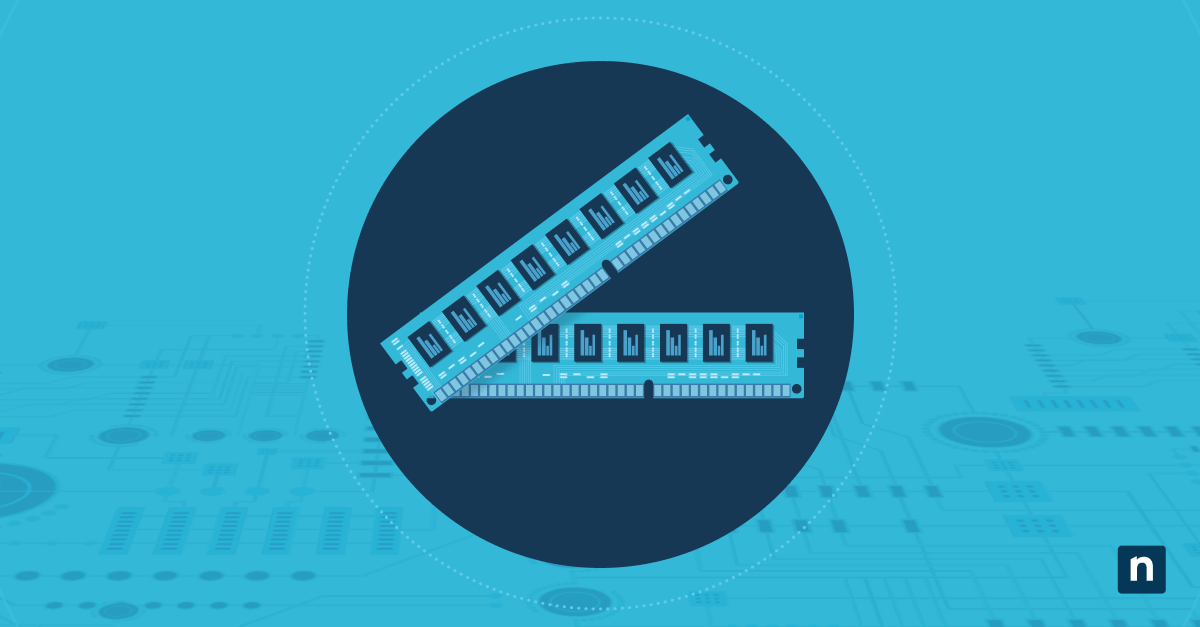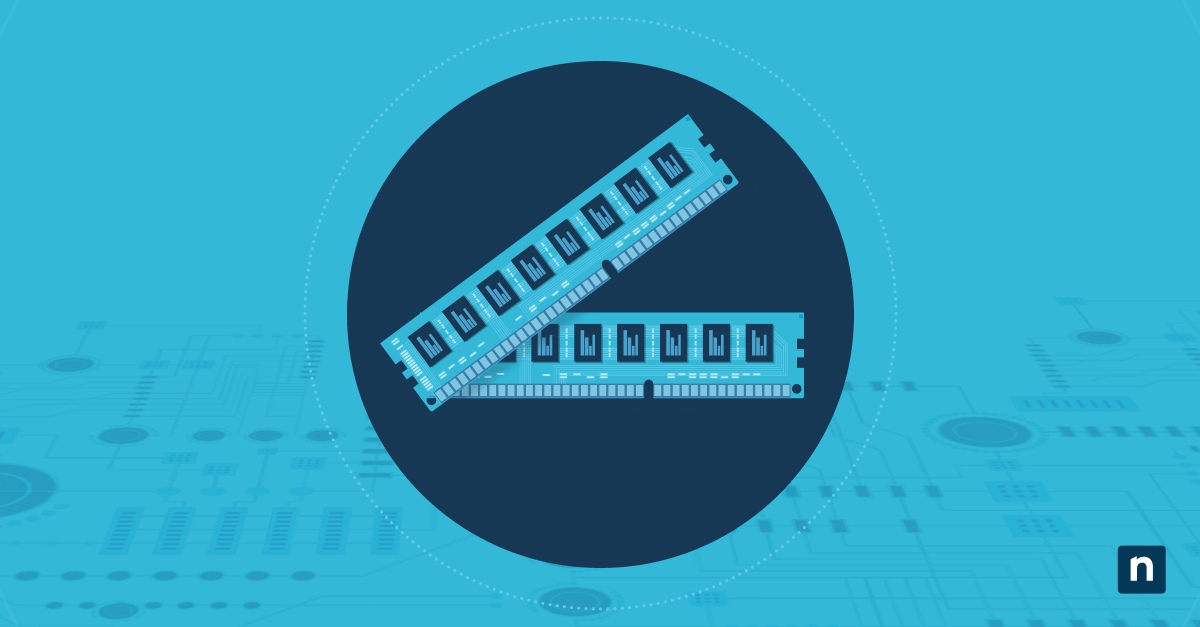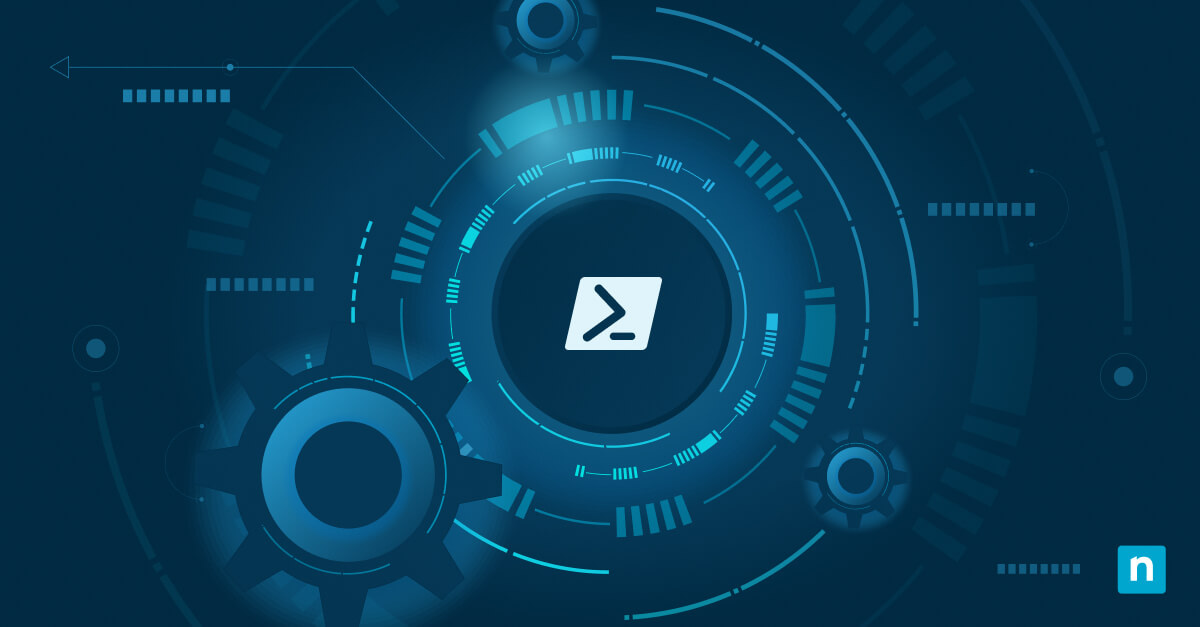The United States Environmental Protection Agency (EPA) says, “Data standards are documented agreements on representation, format, definition, structuring, tagging, transmission, manipulation, use, and management of data.” Requiring organizations to meet these data standards contributes to easier understanding, sharing, and collaboration of the information in a given industry.
When it comes to healthcare, data standards play many roles and provide multiple benefits. Data standards are needed to keep all healthcare organization information secure and ready to access. In this article, we’ll discuss how data standards protect sensitive information, support interoperability, and simplify the sharing of information, thus helping healthcare organizations to better handle the data they collect.
Data standards protect sensitive information
How data standards ensure confidentiality and security
Healthcare organizations obtain a large amount of personally identifiable information from the patients they treat, which is highly valuable to threat actors, so they are targeted for attacks more often than other industries. Data standards provide rules and a level of security that healthcare organizations must meet to protect this confidential data against misuse. Any sensitive patient data regarding their health and other personal information should be kept private and meet the standards of the Health Insurance Portability and Accountability Act (HIPAA).
Why protecting sensitive information is crucial
These cybersecurity statistics show how prevalent cyberattacks are and discuss cybersecurity trends. All businesses are susceptible to cyberattacks and security breaches; the difference in the final outcome lies in the preparation and steps taken beforehand to protect critical data.
Healthcare organizations need to consider software features such as data archiving, disaster recovery, encryption, and backup. Features such as these actively protect sensitive patient data and provide a copy of the data if/when needed.
Benefits of data standards in protecting sensitive information
Data standards are clearly set so the information is kept safe and inaccessible to any unauthorized user, protecting the individuals linked to the data. It also holds businesses accountable for how they handle the data of the organization at large down to individual patients. HIPAA standards are enforced through the Office for Civil Rights (OCR), which investigates any HIPAA complaints and takes action if necessary.
NinjaOne provides HIPAA-compliant remote access, backup, and RMM software.
Data standards support interoperability
How data standards enable seamless data exchange
AltexSoft claims, “In healthcare, standards make up the backbone of interoperability – or the ability of health systems to exchange medical data regardless of domain or software provider.” The establishment of health data standards ensures that health information can be collected, stored, and shared using a standard system. Implementation of these standards then allows healthcare data to be interpreted and used across all healthcare organizations that follow the standards.
Why interoperability is essential in healthcare
Health data standards support seamless data exchange by removing the issues of inconsistent data formats and structures. This promotes accurate and complete data that can easily be shared between healthcare professionals across various healthcare settings. Additionally, interoperability supports healthcare research and analytics since the data is standardized. Big-name companies in technology, such as Amazon, Google, IBM, and Microsoft who understand the necessity of health data interoperability, have also pledged progress towards the adoption of health data standards.
Benefits of data standards in supporting interoperability
Data standards allow healthcare organizations to reap the benefits of interoperability. All healthcare organizations that abide by the standards enjoy the benefits of a system that functions well with other healthcare organizations. Patient data can be exchanged easily between healthcare providers and organizations that abide by the same health data standards. Those who follow the data standards will greatly benefit from improved business operations and more comprehensive patient care.
Data standards simplify the sharing of information
How data standards streamline information sharing
Healthcare data standards increase the efficiency of information sharing by determining consistent formats, structures, and protocols for how health information is exchanged. This helps to ensure that the data is input, stored systematically, and ready to be shared. With the right data standards in place, data conversions aren’t needed, and health information can be shared effectively.
Why simplifying information sharing is important
The information that healthcare organizations possess plays a critical role in the treatment of patients. The information shared between the relevant healthcare providers influences decisions that often have a huge impact on patient health. Sharing health information gives healthcare professionals a more holistic and comprehensive view of the person they are treating, which leads to better decision-making, reduction of unnecessary testing, and overall better outcomes.
Benefits of data standards in simplifying information sharing
Healthcare interoperability means that patient data can be exchanged easily and promptly between healthcare providers and organizations, thus improving the coordination of care and overall healthcare services. It ensures that healthcare professionals have access to comprehensive medical records, which provides them with the information they need to make better decisions for their patients. It also gives patients more control over their own health data since they can easily share healthcare records with their different providers.
Centralized Device Management for Healthcare
Data standards in healthcare are essential for cybersecurity and to increase overall IT efficiency. They are put in place to protect sensitive data, enable smooth interoperability, and simplify the sharing of this information securely. Healthcare data standards are also critical in driving improved patient care and medical research. Check out this article for an in-depth overview of HIPAA to learn more about the specific goals of HIPAA data standards.
It can feel stressful at times to ensure that your organization meets all healthcare data standards. NinjaOne provides IT solutions for healthcare professionals and HIPAA-compliant software, which helps protect healthcare devices through visibility, control, patching, and backup. With NinjaOne, you can rest assured that your software is up to par with healthcare data standards. Experience improved IT management of healthcare assets and watch a demo or sign up for a free trial today.

